The natural supplement may help with weight loss, lower blood sugar and protect your heart
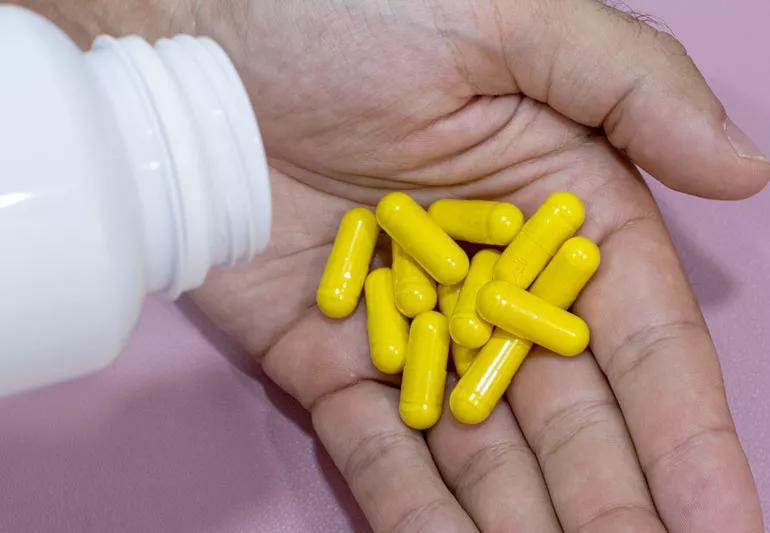
Spend any time online, and you’ll be bombarded with information about the latest trendy supplements. These “all-natural” remedies promise clearer skin, restful sleep, a flat belly, improved memory … the list is endless.
Advertisement
Cleveland Clinic is a non-profit academic medical center. Advertising on our site helps support our mission. We do not endorse non-Cleveland Clinic products or services. Policy
The problem is that these claims often lack substantial data. It’s hard to know which ones are truly beneficial.
But berberine, a traditional Chinese medicine, may be a promising supplement.
“People are starting to look at more natural approaches and treatments. But not all ‘natural’ things are without side effects or proven effective,” says functional medicine specialist Elizabeth Bradley, MD. “But berberine, in many ways, acts similarly to medication.”
Berberine is a bioactive compound — a chemical substance that can affect how humans and other living things function. It comes from plants and is part of a group of nitrogen-containing compounds called alkaloids. Other well-known alkaloids include morphine, nicotine and caffeine.
While berberine might not be as well-known as caffeine, it’s not a new substance. It’s been a staple in traditional Chinese medicine (TCM) for more than 400 years, mainly used to treat diarrhea and other gastrointestinal infections.
Research shows it may be effective for several chronic diseases, including diabetes, cardiovascular disorders and inflammatory diseases.
But most studies are small, not well-designed and need to be interpreted with caution. And with all supplements, the U.S. Food and Drug Administration (FDA) doesn’t regulate berberine for safety and effectiveness.
Advertisement
When you take berberine as a pill or powder, it enters your bloodstream and travels to your cells, binding to different molecules. But instead of producing a single change, berberine interacts with multiple targets, impacting more than one disease at a time.
“Berberine works at a cellular level and changes how cells work by turning things off and on,” Dr. Bradley explains. “Its basic interactions involve so many different processes in the body.”
It’s important to note that berberine, as with any supplement, shouldn’t replace any medical treatment. Dr. Bradley recommends speaking with a healthcare provider before starting berberine or any other supplement.
The benefits of berberine show potential for anyone diagnosed with Type 2 diabetes or metabolic syndrome — a collection of risk factors that make you more likely to develop serious health issues like diabetes, heart disease and stroke.
“Berberine can help diabetes, high blood pressure and lipid levels,” notes Dr. Bradley. “Combine berberine with lifestyle changes, like losing weight, and it can positively affect those conditions.”
There’s evidence that berberine may:
The most studied benefit of berberine is its effect on blood sugar levels and diabetes. It can be taken in conjunction with medications for diabetes, but Dr. Bradley strongly cautions against using berberine in place of your diabetes medications.
People with Type 2 diabetes often have high blood glucose levels (hyperglycemia), which can happen if:
Insulin resistance is to blame for more than 80% of glucose issues with Type 2 diabetes. High blood glucose levels can lead to severe health conditions, including eye disease, foot problems, gum disease and heart disease. But berberine regulates how glucose is processed to help get your blood sugar under control. It increases the amount of insulin your body produces and decreases cell resistance, resulting in lower blood sugar.
“Berberine helps with two things,” Dr. Bradley says. It improves:
Early research indicates that berberine may help reduce body fat. In one small clinical trial that looked at treating nonalcoholic fatty liver disease, participants who took berberine every day for three months experienced significant weight loss.
Berberine differs from herbal weight loss products, which often lack substantial data. Its effect on weight loss stems from its impact on insulin and glucose. When most people think of insulin, they think of blood sugar management. But insulin also regulates fat and protein metabolism.
Advertisement
“If you have insulin resistance, the cells don’t have enough glucose, making you feel hungry — there’s improper signaling going on,” explains Dr. Bradley. As you continue eating to satisfy your hunger, your body stores excess blood glucose as fat.
But berberine improves how cells respond to insulin (insulin sensitivity), promoting better movement of glucose into cells (glucose uptake). It also impacts how glucose gets used. Once your cells have their glucose, you feel less hungry, so you eat less.
Berberine also activates an enzyme called AMP-activated protein kinase (AMPK). AMPK exists in every cell. Its primary job is to regulate metabolism, helping control how your body breaks down and uses energy. But AMPK can also influence body fat composition and plays a critical role in regulating your appetite.
But don’t fall for claims on TikTok that berberine is “nature’s Ozempic.” It’s important to note that Dr. Bradley says that more studies on how berberine affects weight loss are needed.
Your blood contains fatty substances (lipids) directly related to your heart health. Having high levels of some of those lipids — cholesterol (hyperlipidemia) and triglycerides — increases your risk of heart disease.
Advertisement
Research shows that berberine may lower lipid levels. Studies focusing on berberine and heart health also show that the supplement can raise good (HDL) cholesterol while lowering total cholesterol, bad (LDL) cholesterol and blood triglycerides.
But lowering lipid levels isn’t the only way berberine may protect your heart. Research indicates that using both berberine and hypertension medication lowered blood pressure more than medication alone.
And Dr. Bradley says, don’t forget that diabetes, obesity and high blood pressure are all risk factors for heart disease. When berberine improves those factors, it can directly affect your heart health.
Your gut microbiota — the microorganisms in your digestive tract — interact positively and negatively with many of your body’s systems. It can improve immune responses and help prevent inflammatory diseases. But an imbalance in gut bacteria — more bad bacteria than good — is associated with many diseases, including diabetes, cardiovascular disease and cancer.
A review of research shows that keeping gut microbiota balanced can also reduce your risk of colon cancer, inflammatory bowel disease (IBD) and obesity.
Berberine may help balance or regulate intestinal health by reducing harmful bacteria and encouraging good bacteria to grow. It also provides your gut with protection.
Advertisement
“Berberine helps improve how the gut barrier works,” clarifies Dr. Bradley. “We’re finding that it protects the intestinal barrier from all these inflammatory things happening in the body.”
Dr. Bradley says berberine can be a user-friendly supplement. But there are some things to think about before adding berberine to your daily routine:
Berberine is good for your gut, but ironically, its most common side effects involve the digestive system and include:
Not everyone experiences side effects, which should become tolerable if you reduce the dose.
“I usually tell patients to start slow and low,” Dr. Bradley advises. “Typical dosing is 500 milligrams (0.5 grams) three times a day before meals. But you may want to start with one dose a day and see how you handle it before slowly progressing to taking it three times a day.”
Learn more about our editorial process.
Advertisement

There are better breakfast options, but if it’s got to be cereal, look for whole grains, high fiber and no added sugar
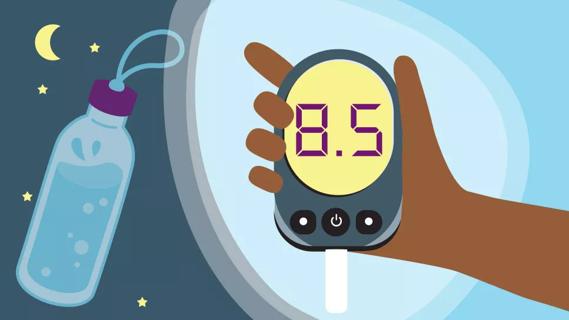
Planning ahead, checking in with your care team and being vigilant about blood sugar monitoring can help ensure a safe fast
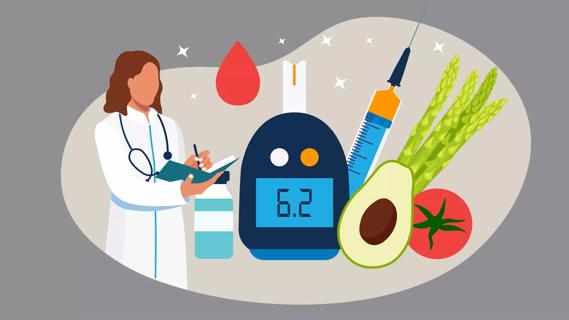
A diabetes diagnosis, new or long-standing, can trigger reactions like grief, stress, depression and frustration, but symptom relief and help are available
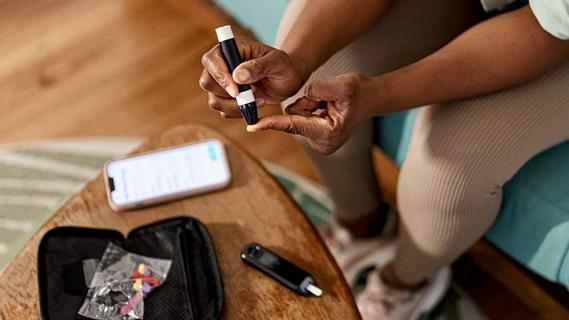
Type 1 diabetes happens when your body doesn’t make insulin, while Type 2 happens when your body can’t use insulin properly
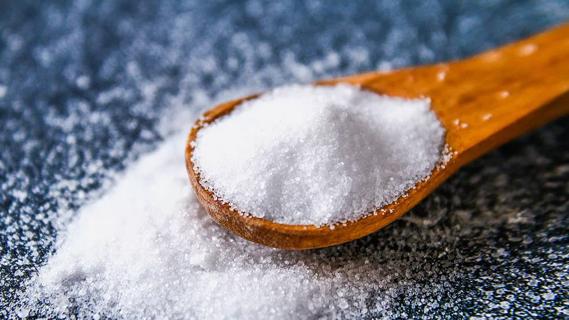
Excess salt and sodium consumption is a worldwide health concern
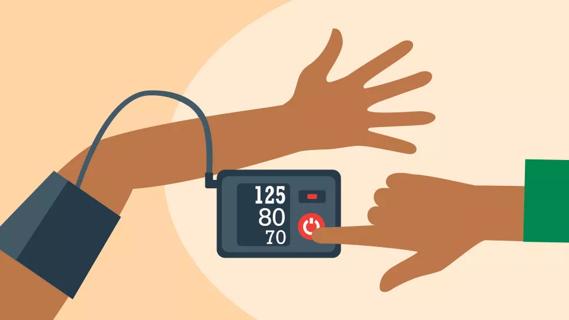
An ideal blood pressure is less than 120 mm Hg systolic and less than 80 mm Hg diastolic
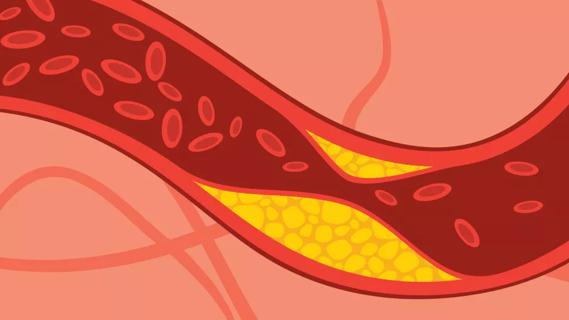
LDL cholesterol and lipoprotein (a) cholesterol are more likely to stick to your arteries and lead to dangerous heart events

While not magic elixirs, some drinks like beet juice and skim milk may help keep numbers down

Type 2 diabetes isn’t inevitable with these dietary changes

Applying a hot or cold compress can help with pain